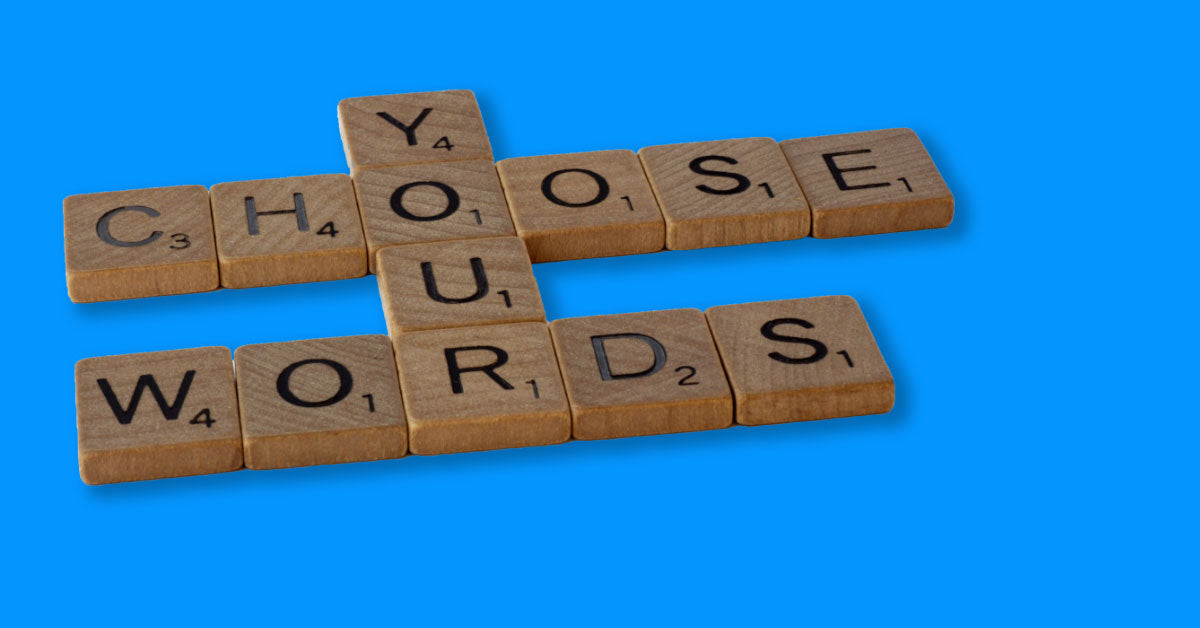
As I have said before, vocabulary is not extra to the subject; it is the subject. Once students have a good understanding of subject-specific terminology, they can attend to the other demands of the curriculum area.
Automatic recall of what words mean makes learning efficient. During these times when many students will be spending a lot of time learning online, it’s a good idea for them to spend time developing their vocabulary.
There are many websites where this can be done. In Quizlet (www.quizlet.com) students can create their own study sets from the terms and definitions that you give them. Once they’ve done this, there are many games that they can play to facilitate learning the vocabulary.
For decades, there probably hasn’t been a better time to read, read, and read some more, than this time of physical isolation. A comparable time was before television reached our shores. Even though the lure of technology is great, insist that students reading plenty of quality writing while they are at home.
One of the biggest contributions that reading makes to vocabulary development is that students see words used in many contexts in different ways. They learn the subtleties of word usage and why one word is used in preference to others.
Before we can use a word confidently in writing, we need to have had at least a dozen encounters with that word. This is why the practice of looking up a word in a dictionary and putting it is a sentence generally doesn’t work. It works when the word is a tag for something concrete such as a book, a car, a mobile phone but not for a word that tags something more abstract such as analyse, symbol, democracy, sustainability. Words aren’t inherently easy or difficult – they might be difficult to say and spell – but it’s what they tag that is simple or complex.
Deep vocabulary knowledge and world knowledge come through reading so let’s make the most of this once in a lifetime catastrophe, tragic as it is, to develop children’s minds.
Like this? Save it to Pinterest to find it later.





